Advice for Graduates and the Companies that Hire them
Delighted to be invited to interview by Phillip Welburn from Elliott Scott HR
Anna Champion, Founder of The Talent Lighthouse, speaks with Elliott Scott HR about her passion for career coaching, graduate recruitment and development. Here she shares her insights and advice for those starting out in their career, as well as for the companies who hire them.
Why did you choose to specialise in career coaching?
When I was working for a corporate, I often struggled to know where and to whom to turn to when it came to my career. When I started my coaching qualification, I realised that despite being a very motivated individual, if I had a career coach, I would be able to move forward much faster on my career trajectory. Now, I will choose to have a career coach for the rest of my life.
Training courses give you information, but career coaching is tailored to you. I always felt that I was too busy to be coached, but now I know it would have made me even more effective. If I can help other people realise this earlier in their careers, I believe that they will reach their potential and be happier.
What do you enjoy the most about what you do?
I love meeting different people and seeing them develop. I spent this last weekend at a high-school that designed and delivered a TEDX conference for 100+ delegates. It was so exciting to see what they are becoming and to hear their thoughts about the world. It keeps me asking questions and curious!
Are there any companies that you feel do a great job supporting emerging talent?
There are lots of great companies out there. The exceptional ones are those that don’t just pile all their focus on the recruitment part, but also follow through with a solid development program. A good example is the Swire Management House Staff training program which continues to offer international career opportunities throughout a person’s career. The beauty of this is that they are honest about the fact that the program isn’t for everyone. They are looking for people who they can retain and develop throughout their career.
What can organisations do better to attract and support emerging talent?
1. Narrow the expectation gap – be honest throughout the recruitment process so that everyone is completely aware of what is expected of them.
2. Openness and transparency – in a recent study by Millennial Branding, (a Gen Y research and consulting firm) 52% of respondents who were from the Y-Generation stated that honesty was the most important quality of a leader. This indicates that companies should be honest in all their dealings with emerging talent if they want to succeed.
3. Ensure that people feel like an individual in the mass process – large recruitment practices can result in attraction campaigns that fail to show that people are hired as individuals. Equally, training programs can be so broad that they become inaffective, as they are not tailored to each individual. The more you can tailor programs the more effective they will be.
What do you think are the biggest challenges facing graduates in today’s job market– in the HR function and more broadly?
I think that one of the biggest challenges facing graduates is that people often expect them to be something that they are not. Graduates are often perceived as stereotypes. Just because a graduate in the past behaved in a certain way, it doesn’t mean that the next one will also behave like that.
In terms of HR, it continues to be a difficult area to enter into at entry-level. HR is renowned as an area of confidentiality - and rightfully so - therefore really finding out what the different areas of HR do can be difficult. HR teams are often facing a large workload and therefore getting the time to understand what is going on and reflecting on what can be learnt from each situation can be hard.
What advice would you give job seeking graduates?
1. Do your research – ensure that you know yourself, your values and what you want but also utilise all the resources you have to find out as much as you can about the field and organisations you want to enter.
2. Don’t take it personally – facing rejections can be hard on your confidence but it can allow you to persue other opportunities that you maybe haven’t considered before.
3. Respect everyone – Regardless of the level of each person you encounter at an organisation (even the tea lady and the cleaner) you should show them respect. They are part of ensuring that the business and team can deliver the end product! They also may well have the ear of a senior member of staff particularly if you don’t show them respect.
What are some trends in HR that you’re excited about?
One of the most important trends that is just coming out in the graduate recruitment market is a number of large accountancy and consulting firms removing the degree and academic results from the application process. This is due to there being no proof that academic results indicated job performance levels. It should help widen the applicant pool.
Secondly, I believe all the research about introversion and extroversion is going to make a difference in hiring, succession planning and leadership program criteria and techniques, particularly given that up to now, the culture we have in the workplace often “prefers” extroverts to introverts.
